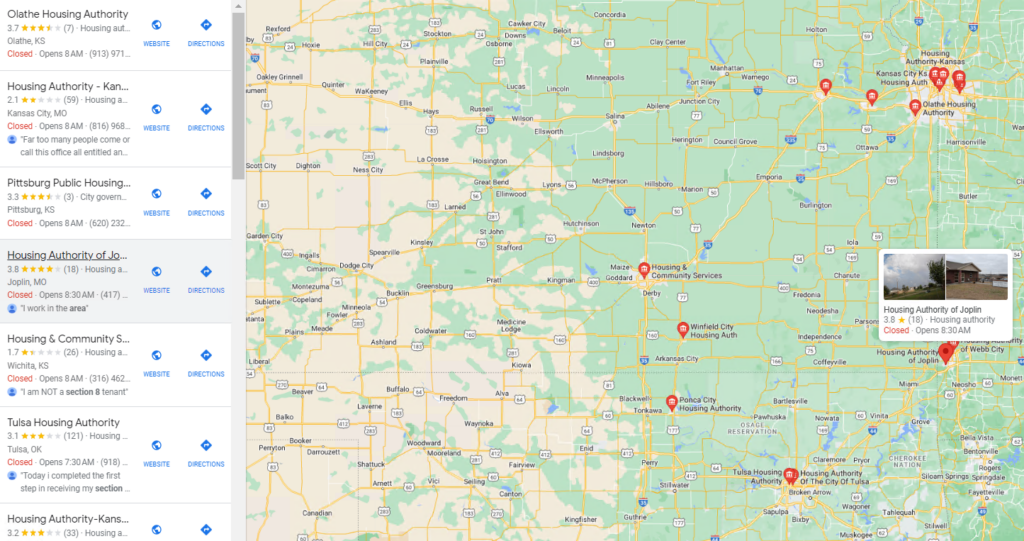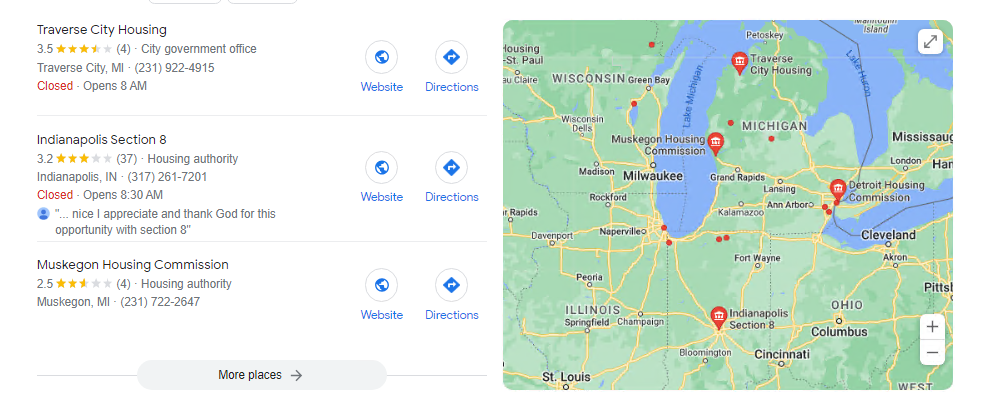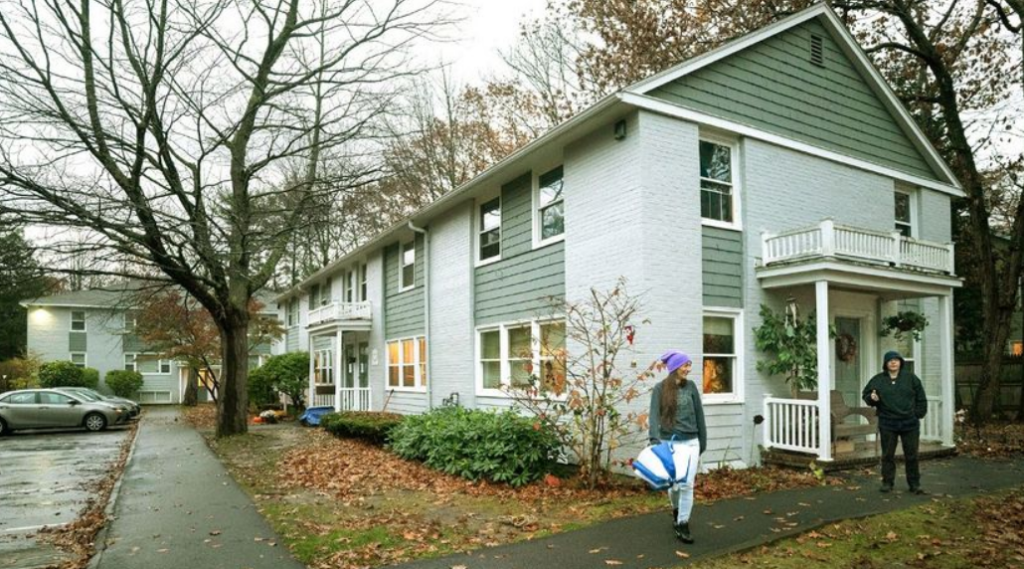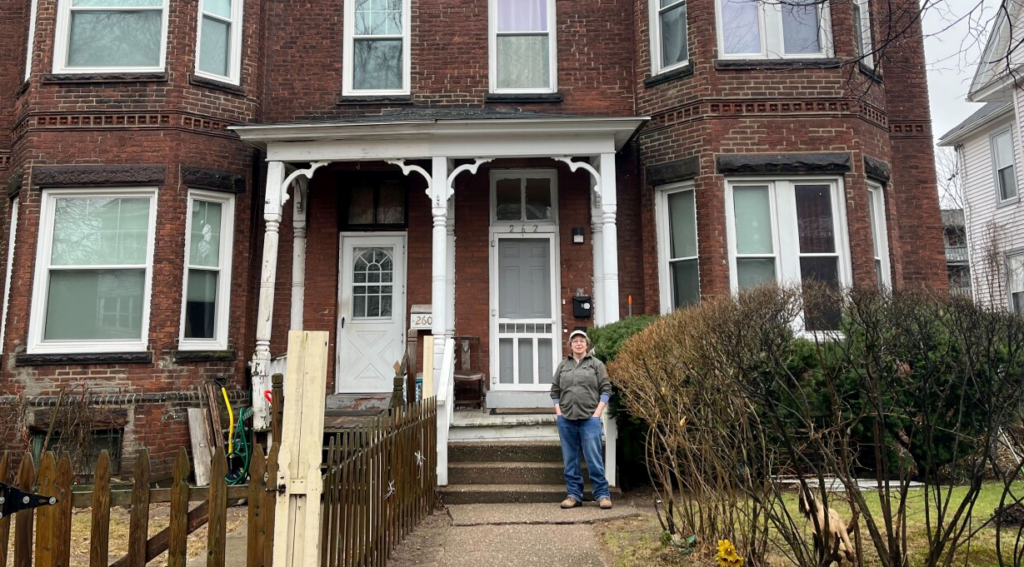If you’re wondering how to get on Section 8 waiting list and how to bypass the waiting list, you’ve come to the right place. Section 8, governed by HUD (Housing and Urban Development), provides crucial housing assistance to low-income individuals and families eligible under federal programs.
Whether you’re an individual aiming to secure housing assistance or a landlord considering renting to Section 8 tenants, we’ve got you covered. From application steps, eligibility criteria, to strategies for navigating waiting lists and insights on property management. Let’s uncover the essential facets of the Housing Choice Voucher Program.
Understanding the Section 8 Waiting List
The Section 8 waiting list is a critical aspect of the Housing Choice Voucher Program. It’s the list applicants are placed on once they’ve been deemed eligible for housing assistance but before they’re selected to receive a voucher. Given the high demand for affordable housing and the limited resources available, understanding how this list operates is crucial for both potential tenants and landlords.
How Does the Waiting List operate?
The waiting list isn’t one-size-fits-all. Each local Public Housing Agency (PHA) maintains its own list based on the specific needs and available resources in its jurisdiction. When funding is available, and there’s room for more recipients, the PHA will select applicants from this list.
Who Qualifies for a Section 8 Voucher?
To be eligible for a Section 8 voucher, you must meet certain criteria established by HUD (Housing and Urban Development). Here are the key requirements:
- Family Definition: HUD has specific guidelines on what constitutes a family. Make sure to review Chapter Five of the HUD book to understand if you qualify.
- Income Limits: Section 8 assistance is designed for low-income individuals and families. HUD defines three levels of poverty, and you need to fall within these limits to be eligible.
- Citizenship: You must be a United States citizen or have eligible immigration status.
- Eviction History: You cannot have any evictions related to drug-related criminal activity within the past three years.
Finding a Section 8 Office Accepting Applications:
Locating a Section 8 office that is currently accepting new applications is easy to find. Each state and city has its own set of offices. For Michigan residents, you can visit the Michigan State Housing Development Authority website to find a list of public housing agencies. If you’re living outside of this state, then you can search on Google “Section 8 Office Near Me“. Using this search criteria, you can easily find locations of section 8 Office near you.
Bypassing the Section 8 Waiting List
The waiting period for a Section 8 voucher can be up to seven years, but there are certain cases where applicants get priority. Emergency situations involving low-income elderly, veterans, domestic assault victims, and displaced or homeless individuals may get bumped up the list. If you are in this situation, you can easily bypass the Section 8 Waitlist.
Background Checks and Income Verification By Agencies
Section 8 agencies conduct rigorous background checks on applicants, ensuring they meet eligibility criteria and verifying their income. As a landlord, you benefit from their extensive checks, as you won’t need to repeat the process.
Section 8 voucher holders must disclose all income and assets, which cannot be hidden from the agencies. In the above picture, you can check the Section 8 Agencies’ Name & Their Location, or you can directly search on Google: ” Section 8 Agency Near Me“
The Catch to the 30% Rule
Section 8 tenants typically pay 30% of their income towards rent, while the rest is covered by the program. This system is helpful, but it can become problematic when a tenant’s income fluctuates annually. If a tenant’s income changes and the agency takes time to adjust the rent, the landlord may experience delayed payments.
Benefits of Renting to Section 8 Tenants
Renting to Section 8 tenants comes with several advantages, making it an attractive option for many landlords. Let’s delve into the key benefits of participating in the Housing Choice Voucher Program:
1. Guaranteed Income
A significant portion of the rent is paid directly by the local Public Housing Agency (PHA) to the landlord. This ensures consistent and timely payments, reducing the risk of rent defaults.
2. Larger Tenant Pool
Being open to Section 8 tenants broadens your potential tenant pool. This can be particularly beneficial in areas where there’s a high demand for subsidized housing.
3. Regular Inspections
The PHA conducts periodic inspections of properties rented to Section 8 tenants. While this ensures the property meets certain standards, it also provides landlords with an additional layer of oversight, ensuring the property is well-maintained.
4. Potential for Long-Term Tenancy
Given the challenges associated with finding Section 8 housing, many tenants prefer long-term leases, leading to reduced tenant turnover and the associated costs of finding new renters.
5. Support from the Housing Agency
Landlords can often benefit from the support and resources provided by the local housing agency. This can include conflict mediation with tenants, guidance on program regulations, and assistance during the leasing process.
Tips For The Landlords Dealing with Section 8 Tenants
As a landlord, renting the property out to Section 8 voucher holders can be a great opportunity to ensure stable rental income. However, it’s essential to navigate the process effectively. Here are some tips to consider when dealing with Section 8 tenants:
- Screening Process:
While Section 8 agencies conduct background checks, it’s still essential to conduct your screening process. Ask questions, verify references, and ensure the tenant meets your own criteria for a reliable and responsible tenant.
- Communication:
Stay in touch with the Section 8 agency throughout the tenancy. If there are any issues with the tenant or the voucher, communicate promptly to address and resolve them.
- Rent Payments:
Section 8 agencies usually pay rent directly to landlords. Familiarize yourself with their payment schedule and ensure you receive payments on time. If there are delays or issues, contact the agency for clarification.
- Property Inspections:
Section 8 waiting list properties must meet certain standards to qualify for the program. Be prepared for annual inspections to ensure your property complies with the requirements. Maintain your property well to pass inspections smoothly.
- Lease Agreement:
Use a clear and comprehensive lease agreement that outlines the responsibilities of both the tenant and the landlord. Include details about rent, maintenance, and other essential terms.
- Eviction Process:
Follow the proper eviction process if needed, but be aware of the Section 8 tenant’s rights. You cannot evict a tenant simply because they have a Section 8 voucher. Always adhere to local laws and regulations.
- Rent Increases:
If you plan to increase the rent, be sure to follow the guidelines set by the Section 8 program. Some agencies may have restrictions on how much and how often rent can be increased.
Also Read : 5 Tricks to pay off Your mortgage faster
- Respect and Fairness:
Treat Section 8 waiting list tenants with the same respect and fairness as any other tenant. Avoid discrimination and make decisions based on objective criteria.
- Communication Channels:
If you have any questions or concerns about the Section 8 program, reach out to the local housing agency or HUD for clarification.
- Stay Informed:
Be aware of any Section 8 regulations or guidelines changes to ensure you remain compliant with the program. Renting to Section 8 voucher holders can be a positive experience if managed effectively. It provides a stable source of income and helps families in need. By understanding the process and following these tips, you can build a successful landlord-tenant relationship.
Frequently Asked Questions (FAQs)
Q1. Can landlords deny renting to Section 8 voucher holders?
No, landlords cannot deny renting to Section 8 voucher holders solely because they participate in the program. This is considered discrimination and is illegal under the Fair Housing Act. However, landlords can still conduct their regular screening process to ensure the tenant meets their criteria for a reliable renter.
Q2. Can landlords increase the rent for Section 8 tenants?
Yes, landlords can increase the rent for Section 8 tenants, but there are limitations. Rent increases must adhere to the guidelines set by the Section 8 program and should be reasonable and within the program’s regulations.
Q3. What are the benefits of renting to Section 8 tenants?
Renting to Section 8 tenants has several benefits for landlords. These include guaranteed rental income from the Section 8 program, reduced risk of tenant turnover due to the stability provided by the program, and access to a wider pool of potential renters.
Q4. How often are property inspections conducted for Section 8 rentals?
Property inspections for Section 8 rentals are typically conducted annually. The purpose of these inspections is to ensure that the property meets the required housing quality standards set by the program.
Q5. Can Section 8 tenants be evicted?
Yes, Section 8 tenants can be evicted for valid reasons, such as lease violations or non-payment of rent. However, landlords must follow the proper eviction process and adhere to state and local laws.
Conclusion
Navigating the Section 8 voucher system is rewarding for both tenants and landlords. The program offers stable housing to low-income families, and landlords benefit from consistent rental income. However, understanding the eligibility criteria, the section 8 waiting list, and maintaining communication with agencies is crucial. By adhering to guidelines and treating tenants fairly, landlords can ensure a successful rental experience.









